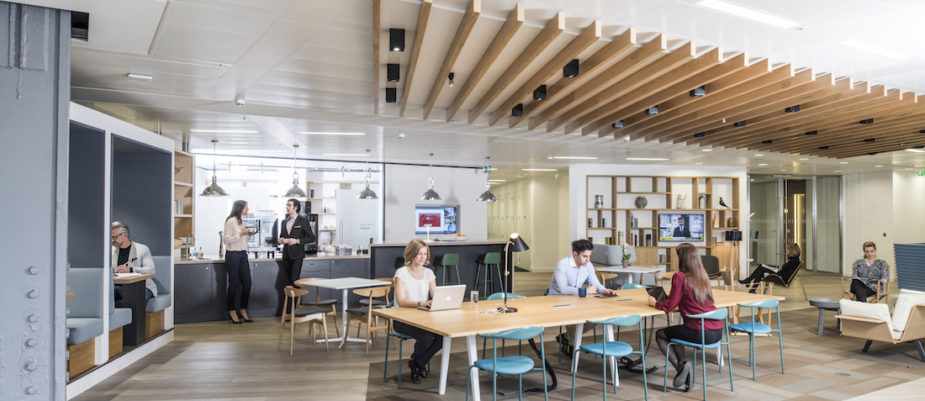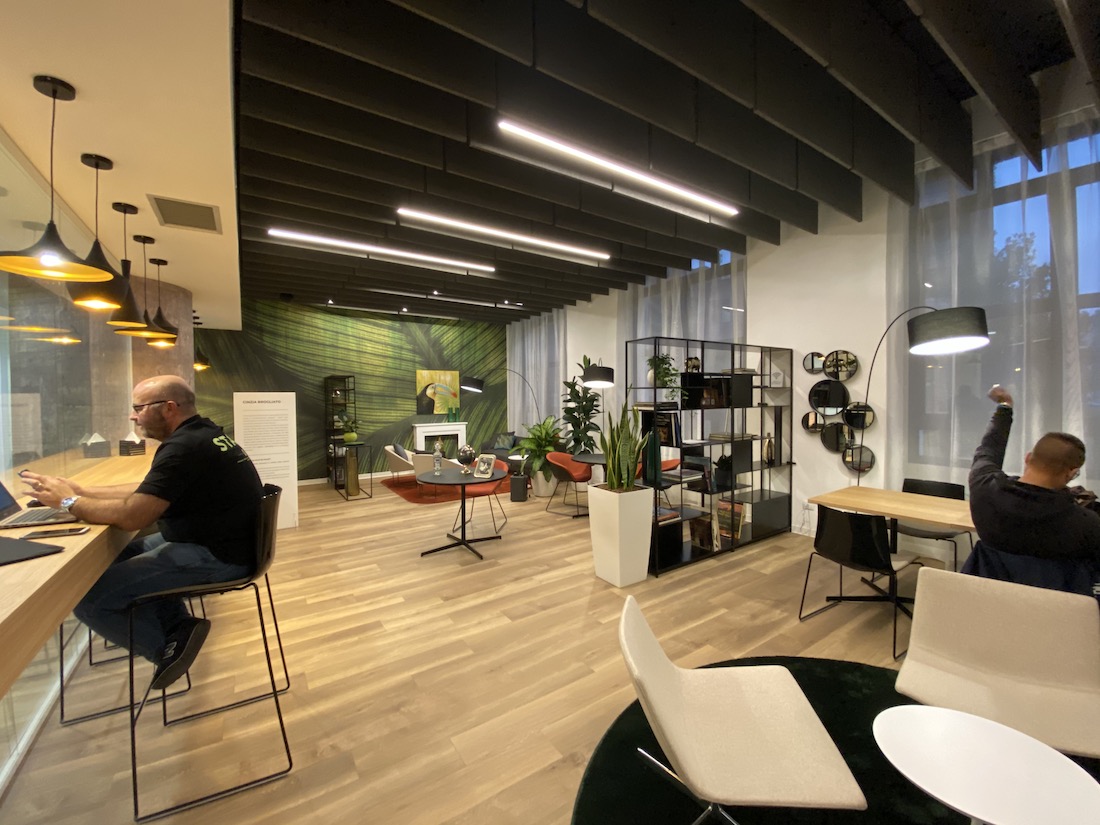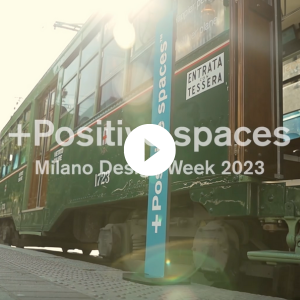
The acceleration in the application of hybrid working models continues also for 2022; an increasing number of companies have in fact become aware of the economic, social and health benefits of these ways of working.
This is confirmed by the success of suppliers of temporary workspaces, including the largest player in hybrid working in Italy and in the world, the IWG group (with its brands Copernico, Regus, Spaces, Signature and HQ) which carried out a research to evaluate the benefits and economic savings for companies that apply smart working.
Economic savings are probably the first lever to induce a company to apply hybrid working. The simple saving on fixed costs, including rent, heating, cleaning, etc., can be around 10,000 euros per employee.
It means that a service company with 2,000 employees would save around 19 million euros (Source Global Workplace Analytic); a tech company with 20,000 employees would save € 190 million; a bank with 200,000 employees even about 2 billion euros.
Regardless of the size of the company, this business model generates substantial savings for both companies and employees, as we will see later, even if large companies benefit from more substantial savings.
It is no coincidence that the survey conducted by IWG highlighted how the number of companies in the FTSE 250 (capitalization index of the largest companies on the London Stock Exchange from the 101st to the 350th) that intend to apply smart working is three times higher than companies who prefer to return to traditional working as before the pandemic.
The economic savings for companies are not limited exclusively to the reduction of fixed costs, but also depend on the location.
The central location of the office buildings also means time and money wasted on employee travel. A research by Confused.com has calculated that hybrid working can save employees € 391 / month on average on public transport and up to € 152 / month for those who use the car.
Hybrid working, in addition to economic savings, creates a positive impact on employees’ working skills. The PWC survey conducted last year shows that 57% of business leaders believe that, thanks to a more flexible work policy, their companies have performed better than in the past in terms of productivity (only 4% reported a decline).
In light of the new demands for work-life balance emerged after the pandemic and the globally widespread phenomenon of “Great Resignations”, it becomes essential for companies to offer employees better work-life balance conditions.
IWG’s survey shows that around half of employees (49%) would quit their jobs if asked to return to the office five days a week, while 72% would prefer to work flexibly long-term rather than return to the office five days. per week with a 10% salary increase.
To meet these needs,IWG offers hub-and-spoke workspaces: a win-win solution that allows companies to offer a good level of flexibility and employees to work anywhere: at home, in the city center or in a flexible office close to home.
In fact, IWG is registering a constant increase in attendance in suburban and rural work spaces.
Last but not least, the positive environmental impact should be considered, due to the reduction of the carbon footprint linked to commuting. Recent IWG studies have calculated that home working, even partial, could reduce emissions related to car exhausts by up to 10 percent.


















